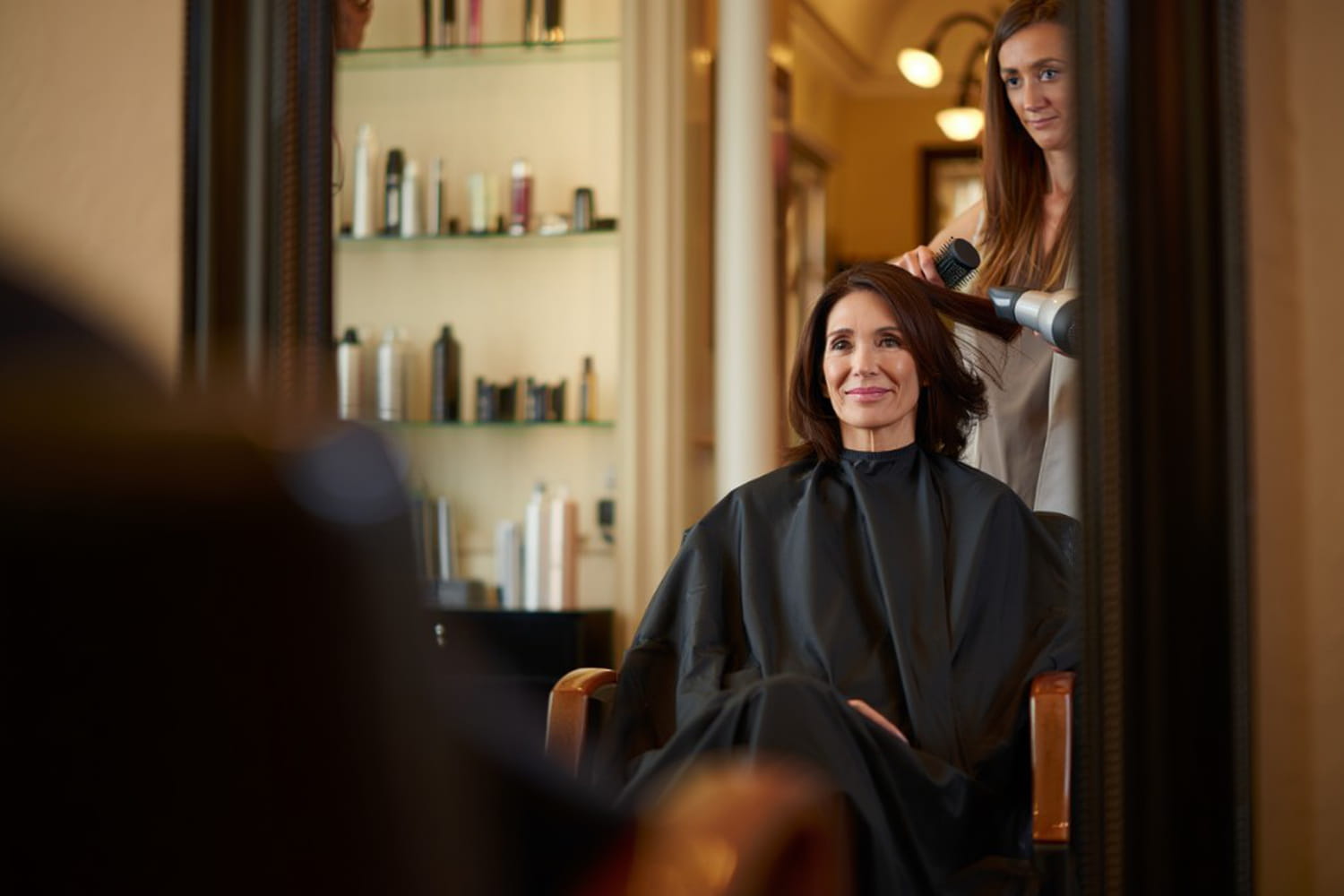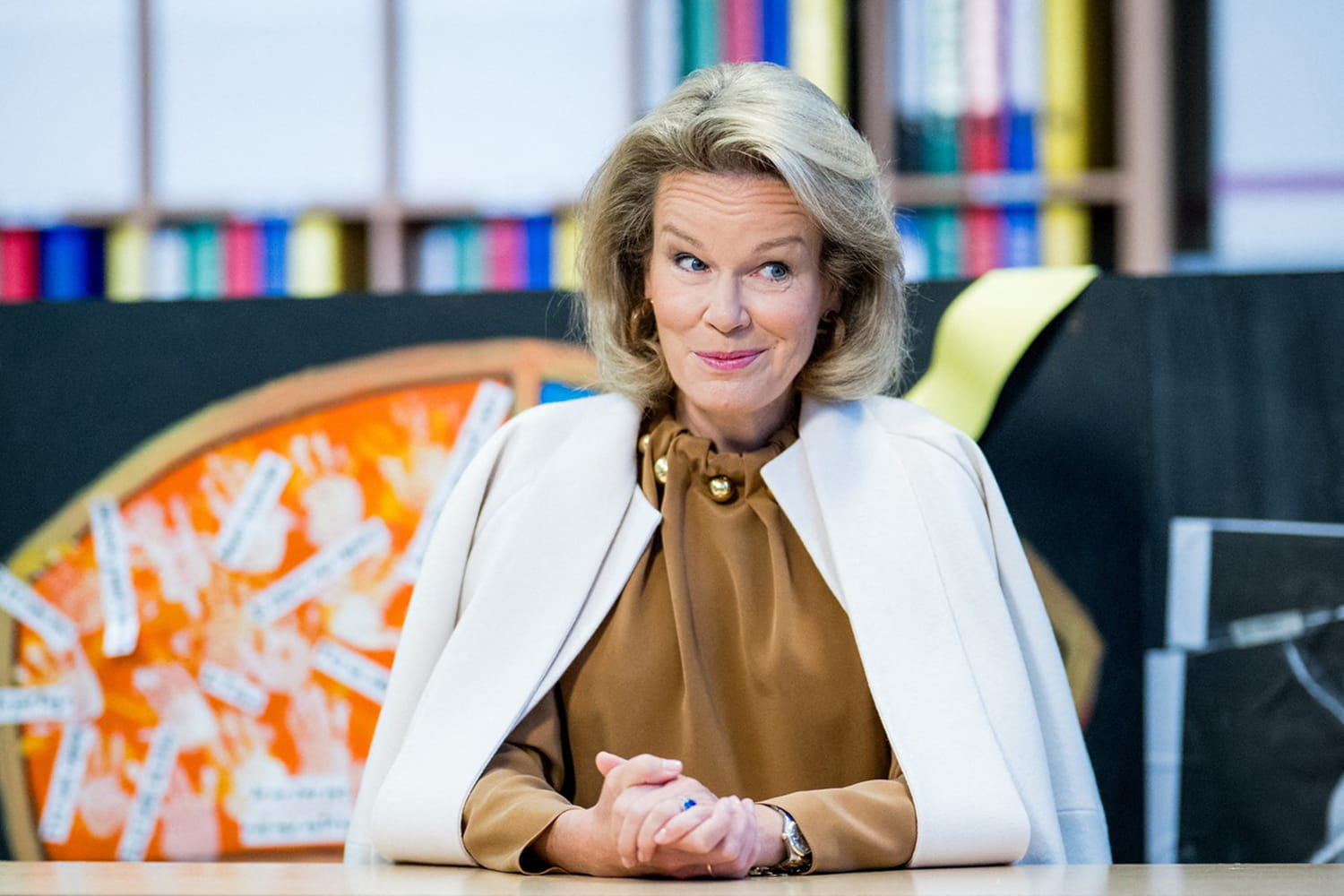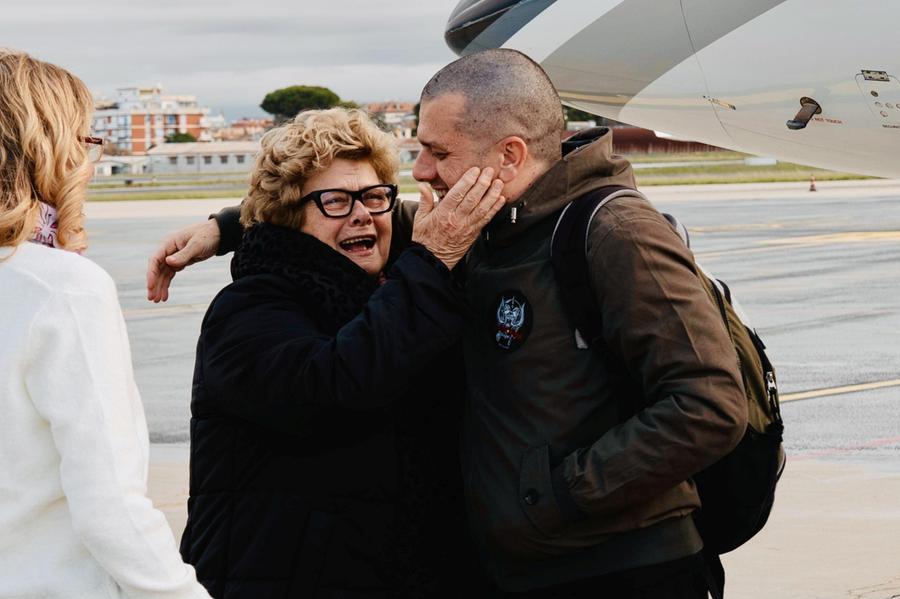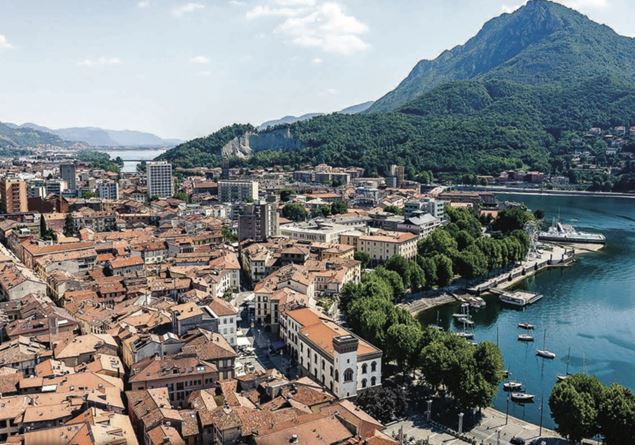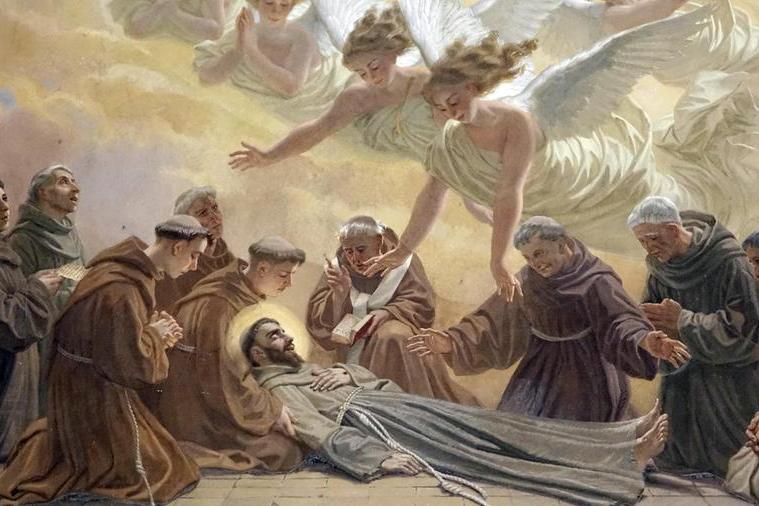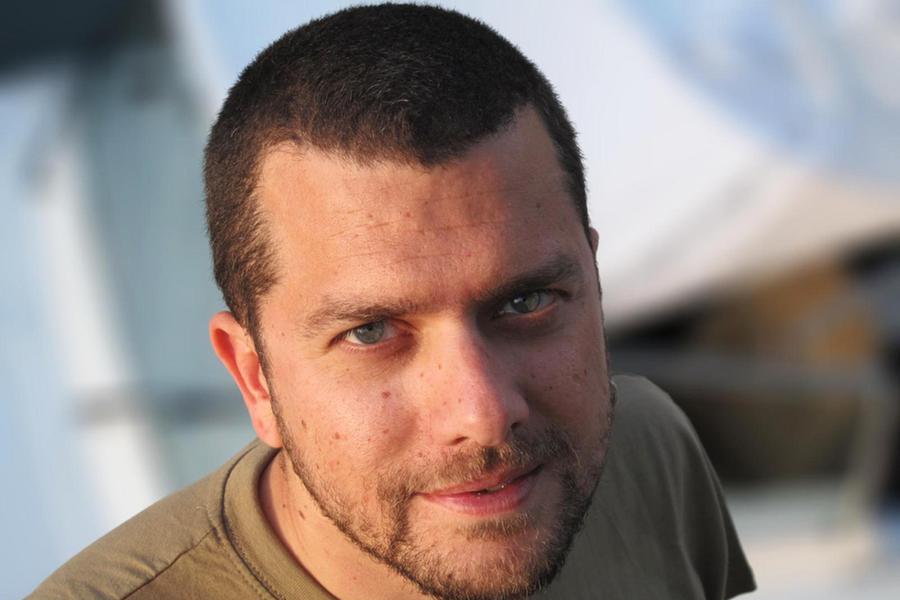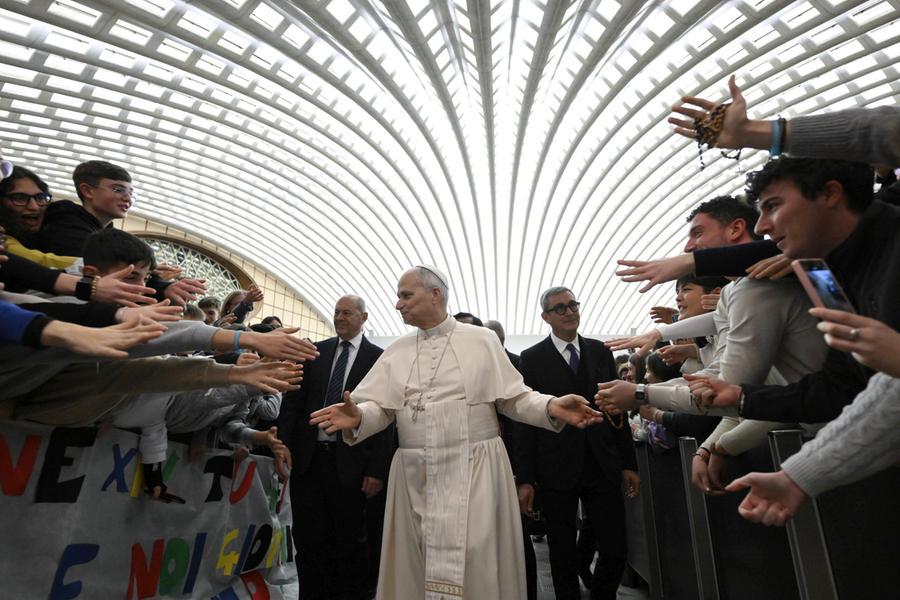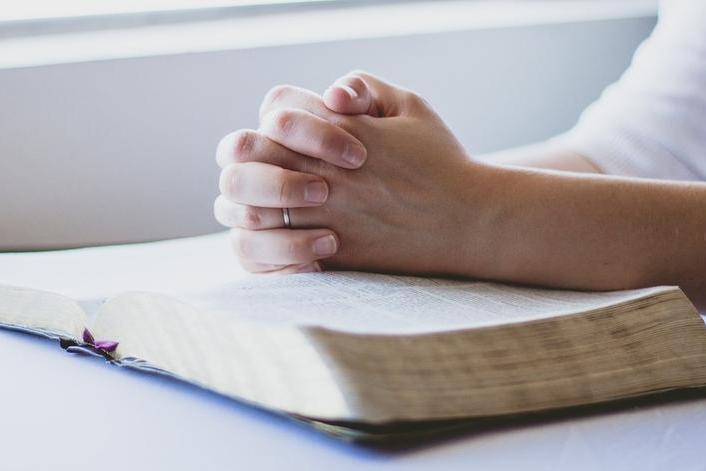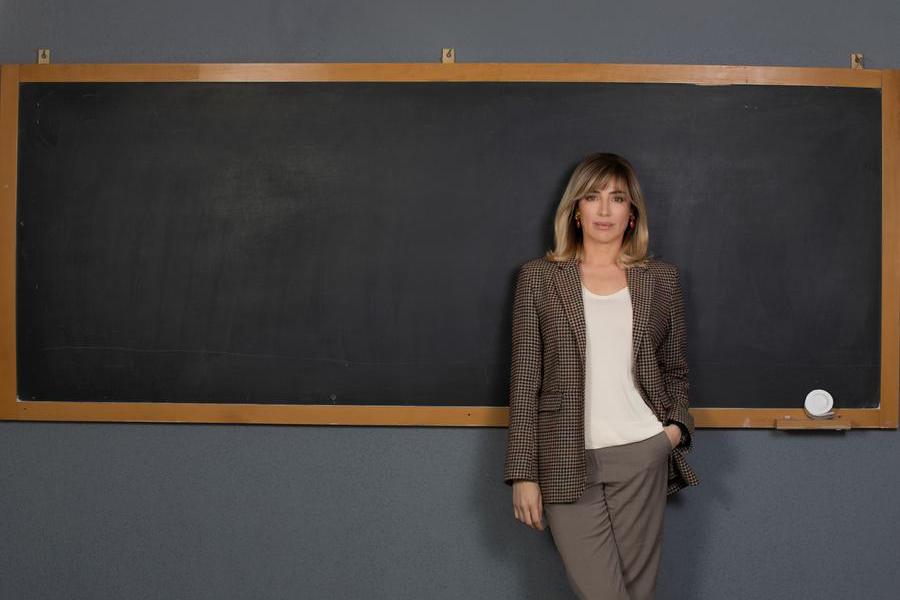“Let the children come to me”: in Lecco this phrase does not remain confined to the Gospels, but takes shape in parks, in reopened schoolyards, in oratory workshops and in public policies. Here, childhood is at the center of an urban vision that connects school, family, Church and institutions. «A child-friendly city is a city that takes care – says the mayor Mauro Gattinoni – and that allows itself to be questioned from the point of view of the little ones”. And for this reason Lecco is today a national model.
In 2024 the Municipality received two important awards: the best Italian city for the quality of life of children according to Il Sole 24 Ore, and the title of “Child Friendly Cities” by UNICEF, which awarded Lecco for listening to young people, participation, school and social services, inclusive policies. «We didn’t set out to become the first – explains the mayor – but to make visible what children experience. And this also changes the gaze of adults.”
One of the most concrete examples is that of school. Lecco has reopened the schoolyards, making them usable even outside of lesson hours, and has invested in the strengthening of municipal nursery schools, with spring sections, personalized educational projects and constant attention to inclusion. «Children learn better if they are well – underlines Gattinoni – and if we put them at the center not only of teaching, but of the entire urban context». A choice that also involved urban planning, with new pedestrian crossings, regenerated green areas, and sidewalks designed for prams and strollers. «Every small infrastructural choice can have a great educational impact. Even a sidewalk can say: children are welcome here».
The beating heart of this vision, however, is not just administrative. It’s communal. Don Bortolo Uberti, provost of the city, knows this well: «A city suitable for children is a city that educates, accompanies, protects. To do this, we need adults who are not afraid to be close. And above all, an alliance is needed: between parents, teachers, institutions, the world of sport and culture.” This co-responsibility is experienced every day in parishes and oratories: from afternoon workshops for the little ones to training courses for teenagers and educators, through initiatives shared with Caritas and schools. «We must return to being an educating community – adds Don Bortolo – where children are not left alone in the face of challenges, but supported by a network of credible adults. This is the real educational emergency: building stable, reliable relationships».
Another fundamental piece is sport, understood not only as physical activity, but as an educational language. Thanks to the “Sport in the neighbourhoods” project, promoted by the Municipality together with local sports associations, many children have had the opportunity to access courses and training for free, even in peripheral or fragile contexts. «Sport is freedom, relationship, respect – says an educator from the Rovinata sports center – and in recent years we have seen children change, grow, learn to be with others». Here too, the alliance is decisive: «The administration can provide the resources – explains Gattinoni – but it is the associations, the volunteers, the educators who bring them to life. Without them, every policy remains on paper.”
In Lecco the participation of young people is not a slogan, but a real process. With the “Cantiere Lecco” project, girls and boys are involved in the design of public spaces and cultural initiatives. «Children and adolescents have clear ideas – says the mayor – and we adults must have the courage to listen to them». It is no coincidence that one of the next urban regeneration interventions – the one on the former Piccola Velocita area – will also start from the contributions collected through school workshops and meetings in the neighbourhoods. «When a kid tells us that a place is bad, that it doesn’t make him feel safe, we have to take it seriously. He often sees things that we have stopped noticing».
Of course, there is no shortage of challenges: demographic decline, educational poverty, the loneliness of many families. But Lecco tries to address them with a systemic vision. «There is no single solution project – explains Gattinoni – but a widespread alliance that is strengthened step by step. And every time a child feels listened to, welcomed, free to be who he is, then we understand that the path is the right one.”
For this reason, while other cities think in terms of safety, consumption, performance, Lecco bets on care. «Taking care of children means taking care of the future – concludes Don Bortolo – but also of our present. Because a city where you feel good as a child is a more humane city for everyone.” And in exchange he receives one of the most precious gifts: the gaze of children. A look that illuminates choices, makes spaces better, and also helps adults to become human again.
